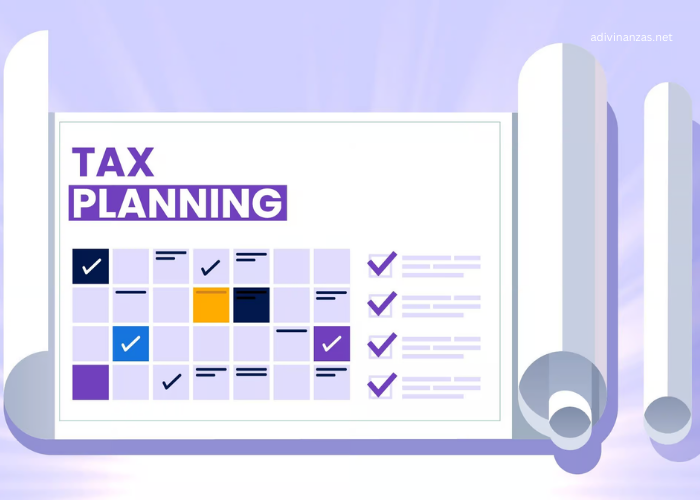Tax season can be daunting, but with the right strategies, it’s also an opportunity to enhance your financial growth. Proper tax planning not only helps you save money but can also align your finances with your broader wealth-building goals. Here are some actionable tax tips to help you maximize your financial potential.
1. Take Advantage of Tax-Advantaged Accounts
One of the most effective ways to reduce your taxable income is by contributing to tax-advantaged accounts such as 401(k)s, IRAs, and Health Savings Accounts (HSAs). Contributions to these accounts often come with tax benefits:
- 401(k) and Traditional IRA: Contributions are made pre-tax, lowering your taxable income.
- HSA: Contributions are tax-deductible, and withdrawals for qualified medical expenses are tax-free.
- Roth IRA: While contributions are made with after-tax dollars, qualified withdrawals are tax-free, offering future savings.
2. Stay Organized with Record-Keeping
Good record-keeping is critical for effective tax planning. Keep receipts, invoices, and relevant documents organized throughout the year. This will make it easier to claim deductions and credits, avoiding missed opportunities or errors.
3. Understand Deductions and Credits
Tax deductions and credits can significantly reduce your tax liability. Key examples include:
- Deductions: These reduce your taxable income. Common ones include mortgage interest, state and local taxes (up to $10,000), and charitable contributions.
- Credits: These directly lower your tax bill. Popular credits include the Earned Income Tax Credit (EITC), Child Tax Credit, and education credits like the American Opportunity Credit.
4. Invest in Tax-Efficient Strategies
Taxes on investment gains can erode your returns. To minimize their impact:
- Utilize tax-loss harvesting: Offset gains by selling losing investments.
- Hold investments long-term: Long-term capital gains are taxed at a lower rate than short-term gains.
- Consider municipal bonds: Interest income from these bonds is typically tax-exempt.
5. Defer Income and Accelerate Deductions
If you’re on the cusp of a higher tax bracket, consider deferring income to the following year or accelerating deductions into the current year. For example, contribute more to your retirement accounts or prepay property taxes.
6. Work with a Tax Professional
Navigating tax laws can be complicated. A qualified tax advisor can help you uncover opportunities for savings, ensure compliance, and strategize for future growth. Their expertise is especially valuable for business owners, investors, and individuals with complex financial situations.
7. Plan for Estimated Taxes
If you’re self-employed or earn significant income outside of a regular paycheck, you may need to pay estimated taxes quarterly. Failing to do so can lead to penalties. Use Form 1040-ES to calculate your estimated payments accurately.
8. Review Your Tax Withholding
If you’ve received a large refund or owed taxes in the past, consider adjusting your withholding on Form W-4. Striking the right balance ensures you’re not giving the government an interest-free loan or facing an unexpected tax bill.
9. Leverage Business Deductions
If you’re a small business owner or freelancer, maximize deductions for business expenses such as office supplies, equipment, travel, and home office costs. Ensure you’re maintaining proper records and receipts.
10. Stay Informed About Tax Law Changes
Tax laws change frequently, and staying informed is crucial. For example, the Tax Cuts and Jobs Act of 2017 introduced significant changes, including increased standard deductions and limits on certain itemized deductions. Awareness of such changes can help you optimize your strategy.
Conclusion
Tax planning is a year-round activity that can significantly impact your financial growth. By leveraging tax-advantaged accounts, staying organized, and seeking professional advice, you can minimize your tax liability and redirect those savings toward achieving your financial goals. Remember, every dollar saved in taxes is a dollar that can be invested in your future.

